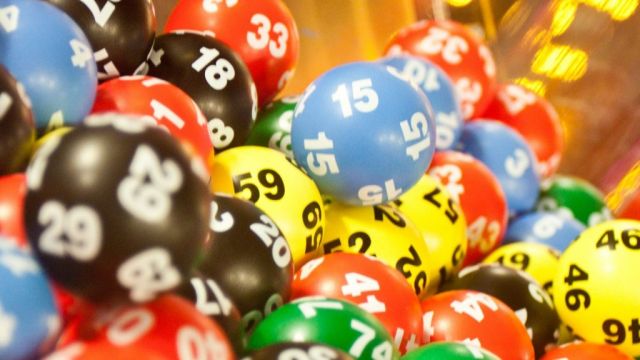In today’s world, the allure of the koi toto is ever-present. It promises the chance to turn a few dollars into a life-altering fortune. With dreams of mansions, luxury cars, and world travel dancing in their heads, millions of people try their luck each day, hoping to beat the astronomical odds. But behind the glitz and glamour lies a darker reality.
Lottery gambling, despite its widespread acceptance and promotion, is not without its risks. In fact, it can have profound effects on individuals and communities alike.
The Allure of the Jackpot
At its heart, the lottery is a form of gambling—a game of chance where participants purchase tickets in hopes of winning a prize. What makes the lottery unique is its accessibility. Unlike other forms of gambling, the lottery is legal in most jurisdictions and is often run by the government itself. This legitimization makes it seem less risky than other forms of gambling, such as casinos or sports betting.
Lotteries capitalize on the human tendency to overestimate the likelihood of winning. Despite the odds being astronomical—often worse than one in a million—people continue to play, convinced that they could be the lucky winner. This optimism is what keeps the industry thriving, despite criticism from some quarters.
The Hidden Costs
But what are the hidden costs of this seemingly harmless pastime? For one, the lottery disproportionately affects low-income individuals, who spend a higher percentage of their income on tickets than wealthier individuals. This phenomenon has been dubbed the “lottery tax,” as it essentially takes money from those who can least afford it and redistributes it to those who are already wealthy.
There is also evidence to suggest that the lottery can be addictive. Some people spend hundreds or even thousands of dollars a month on tickets, chasing after the elusive dream of striking it rich. This behavior can lead to financial ruin, strained relationships, and even bankruptcy.
The Impact on Communities
Lottery gambling doesn’t just affect individuals; it can also have a profound impact on communities. Studies have shown that areas with high concentrations of lottery retailers tend to have higher levels of poverty and crime. This is because the lottery preys on vulnerable populations, offering them false hope in exchange for their hard-earned money.
Furthermore, the lottery can divert funds away from essential public services, such as education and healthcare. In some cases, lottery revenue is earmarked for these services, but in others, it simply goes into the general fund, leaving communities with less money for things that really matter.
A Call for Change
In light of these concerns, many experts are calling for changes to the way the lottery is marketed and regulated. They argue that the odds of winning should be more clearly displayed on tickets and advertisements, and that the industry should do more to promote responsible gambling practices.
Others believe that the lottery should be abolished altogether, arguing that it preys on the most vulnerable members of society and perpetuates a culture of inequality. They point to other countries that have banned the lottery with no ill effects, suggesting that it is possible to live without this form of gambling.
